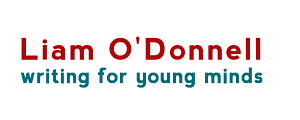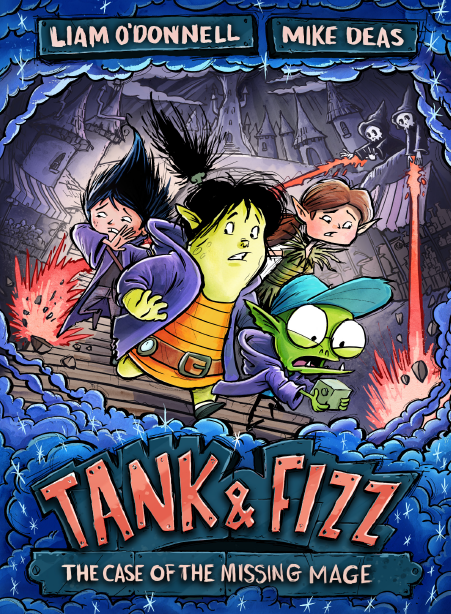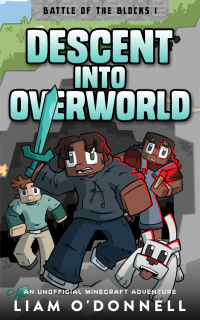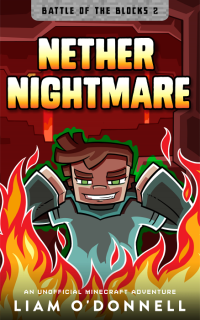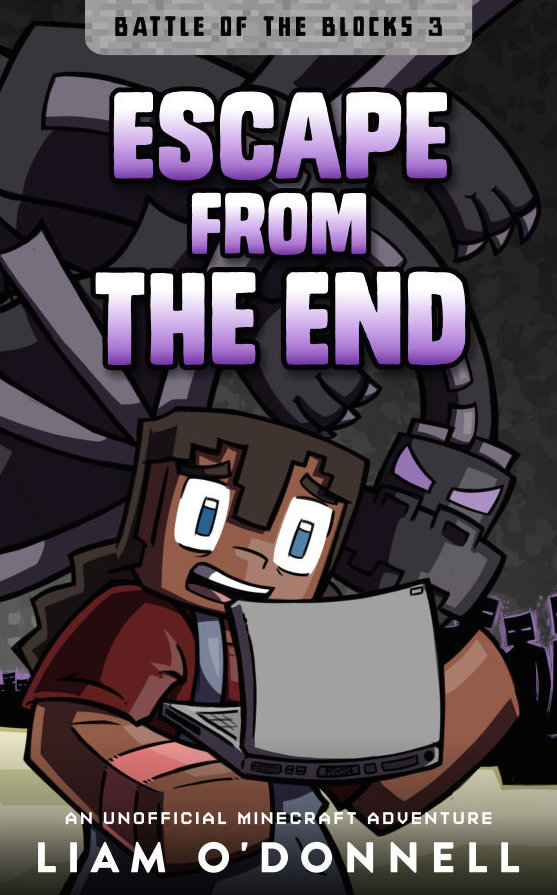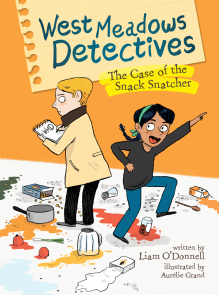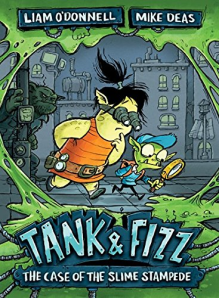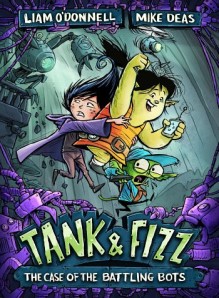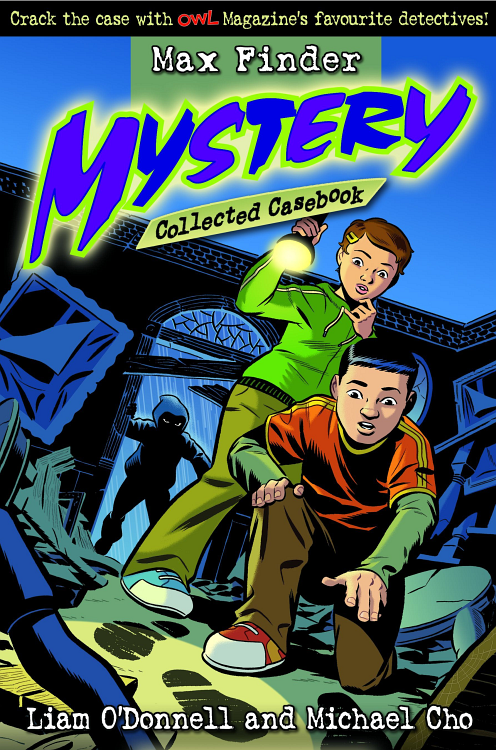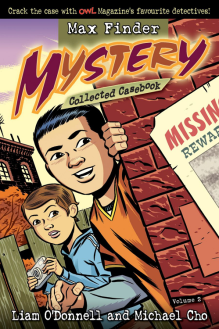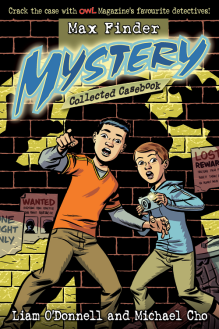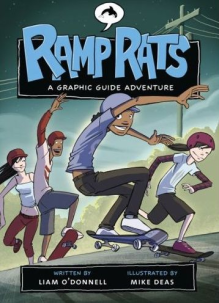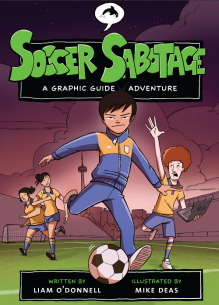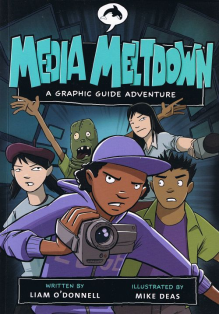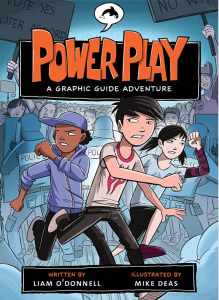Probably the biggest focus of my writing is creating stories that encourage reluctant readers to get hooked on books. This is usually done with high interest/low vocabulary books or more recently graphic novels, like my first book System Shock or my upcoming title Black Beard’s Last Stand, due out next spring from Stone Arch Books.
In both the elementary and high schools, encouraging literacy in students is a huge priority because literacy skills go way beyond simply enjoying a good book. Whether it’s math, science and even phys ed., literacy has a role to play. Many teachers and parents realize this, but what is often forgotten about is the problem of adult illiteracy.
Last year, former NHL coach Jacques Demers highlighted the issue of adult illiteracy when he admitted that he couldn’t read. And now the CBC’s Dan Bjarnason has an in-depth look at how vast the problem of adult illiteracy really is and how poorly Canada serves those in need.
- Nearly 15 per cent of Canadians can’t understand the writing on simple medicine labels such as on an Aspirin bottle, a failing that could seriously limit the ability of a parent, for example, to determine the dangers for a child.
- An additional 27 per cent can’t figure out simple information like the warnings on a hazardous materials sheet, the kinds of warning that set out workplace dangers such as risks to the eyes and skin.
But what’s worse is that for the past 15 years there’s been scarcely any improvement.
Like in kids, adult illiteracy limits career options and can lead to accidents. Unfortunately, the Canadian government doesn’t score very well with programs to help adults gain the skills. According to Nayda Veeman, former head of the Saskatchewan Literacy Network:
Canada’s approach to adult illiteracy is based largely on unpaid or lowly paid amateurs, not well-paid professionals. “I think we approach it much more from a volunteer model,” she says. “Since the early 1990s there has been a lot of cutbacks in government funding and the issues of accountability have come down on community-based programs, compromising service delivery.”
In addition to this, there are barriers for adults seeking to enroll in upgrade programs. Pre-admission tests often require a level of basic level literacy that adults seeking to learn to read or write just don’t have. As Bjarnason points out:
I missed the broadcast of this story on the National, but for anyone who is intested in literacy for adults or children the transcript on cbc.ca is definitely required reading.
tagged: [writing] [literacy] [cbc]
